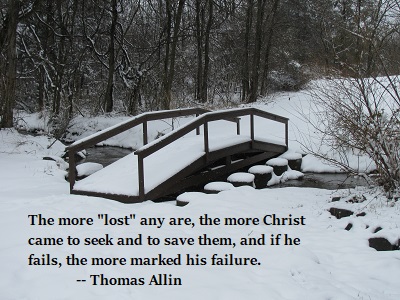Even before we get to Paul, we find the challenge of the cross reaching us in quite new ways. It is indeed revolutionary. Nothing is lost. We do not (of course!) have to give up the idea of Jesus “dying for our sins.” Indeed, that remains at the very center. But that idea is refocused, recontextualized, placed within a narrative not of divine petulance, but of unbreakable divine covenant love, embodied in the actual person, life, actions, and teaching of Jesus himself. This means that in order to appropriate this for ourselves, to benefit from this story, it is not simply a matter of believing a particular abstract doctrine, this or that theory of how “atonement” might be thought to “work.” No doubt that can help, though with the abstractions can come distortions, as we have seen.
No, the gospels invite us to make this story our own, to live within the narrative in all its twists and turns, to see ourselves among the crowds following Jesus and witnessing his kingdom-bringing work, to see ourselves also in the long-range continuation of that narrative that we call, in fear and trembling (because we know its deep ambiguities), the life of the church. In particular, as followers of Jesus from the very beginning have known, we are to make the story our own by the repeated meals in which the Last Supper is brought to life once more. If that was how Jesus wanted his followers not only to understand, but also to appropriate for themselves the meaning of the death he was to die, there is every reason to take it seriously as the sign and foretaste of the eventual kingdom, carrying within it the assurance that we too are those who share in the “forgiveness of sins.” And, with that, the gospels give to those who read them the energy and the sense of direction to be Beatitude people for the world, knowing that the victory was indeed won on the cross, that Jesus is indeed already installed as the world’s rightful ruler, and that his way of peace and reconciliation has been shown to be more powerful than all the powers of the world.
— N. T. Wright, The Day the Revolution Began, p. 224-225.

